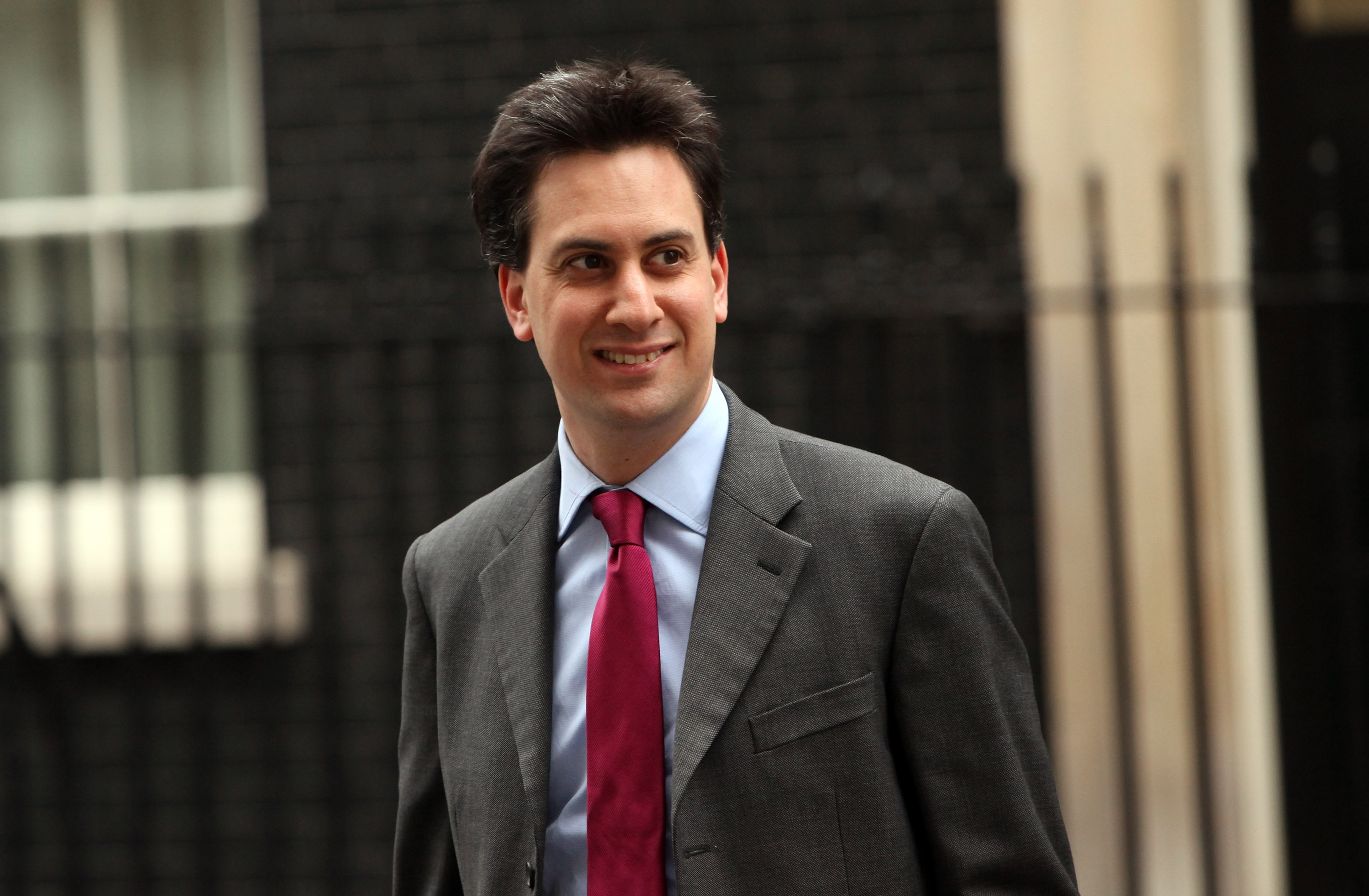 Ed Miliband certainly isn’t one for holding back, is he? In an interview with today’s Guardian he discusses what we might expect from the Labour manifesto, and there’s some pretty noteworthy stuff in there: a People’s Bank based around the network of Post Offices; an increase in the minimum wage; a reduction in the voting age to 16; things like that.
Ed Miliband certainly isn’t one for holding back, is he? In an interview with today’s Guardian he discusses what we might expect from the Labour manifesto, and there’s some pretty noteworthy stuff in there: a People’s Bank based around the network of Post Offices; an increase in the minimum wage; a reduction in the voting age to 16; things like that.
But, as Sunder Katwala suggests over at Next Left, the most eye-catching passage is when Miliband discusses Free School Meals for all:
“The manifesto could well include a pledge to provide free school meals for all children, Miliband says. ‘I think a lot of people would like free school meals. It’s subject to affordability tests – but if you go around the country talking to people about this then they say it makes a big difference in terms of nutrition, it makes a big difference in terms of concentration in classrooms.
‘It speaks to another important thing: are you for a residual welfare state that is just for the poor, which is the Tory position, or are you for a more inclusive welfare state? What the Tories are saying about child trust funds, child tax credits and Sure Start – they’re saying, ‘let’s residualise, let’s make the welfare state just for the poor’ but [this goes against] all the evidence in terms of maintaining public support [for the welfare state]. Why does Sure Start work as an institution? Because it brings people together. The People’s bank would be aimed as much at the well off as the less well off.'” I guess that, crudely speaking, there’s something in what Miliband’s saying. Yes, it might be *nice* if everyone felt the benefit of the welfare state. And, yes, the public might feel kinder towards a system if they feel they’re getting something out of it. Indeed, all of the stuff he mentions above would, I am sure, appeal to parents across the country.
But the danger with Miliband’s prospectus is that it does seem to disregard two important issues. First, the state of the public finances. With the debt burden as it is, it is simply irresponsible not to prioritise public spending in some way – and prioritising it in favour of the people who need it most seems like a decent solution to me. Sure, Miliband mentions “affordability tests” above, but this government are, ahem, a bit lax on the affordability side of things.
And, second, it’s the public’s money that we’re talking about here: in some cases, you don’t need to take it, only to give it back, when you can simply not take in the first place. As my former colleagues at Reform put it last October, the £31 billion that the Exchequer spends on “middle-class benefits” is equivalent to 8 pence on the basic rate of income tax. Now there’s a way to maintain public support, right there.
In the meantime, there’s the possiblity that this “residual vs universal” idea could just become another “investment vs cuts” style dividing line – particularly when it falls into the hands of one Gordon Brown. On the one side, the nasty Tories who want to rob you of your public services. On the other, Labour, who want to protect your right to the Winter Fuel Allowance, Free School Meals, tax credits, whatever. Expect to hear plenty more about it in coming weeks.







Comments